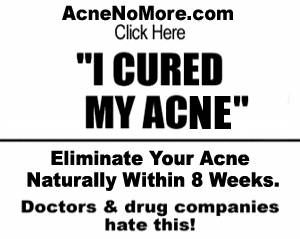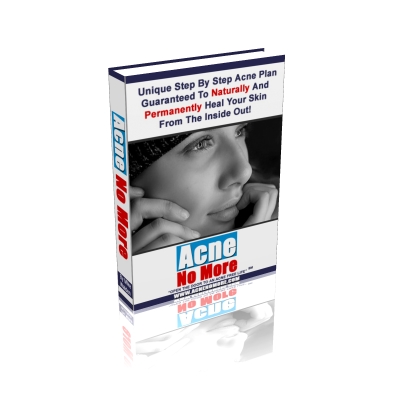1. Blue Light Therapy: Targeting Acne-Causing Bacteria
Blue light therapy has emerged as an effective treatment for acne, particularly for individuals who have found little success with other remedies. This therapy focuses on eliminating the bacteria responsible for most forms of acne, known as propionibacterium acnes (P. acnes). P. acnes generates porphyrins, which contribute to acne inflammation. By targeting these porphyrins, blue light therapy triggers the production of free radicals, which ultimately destroy the P. acnes bacteria.
Visit: Choosing the Right Acne Treatment
One of the significant advantages of blue light therapy is its non-invasive and drug-free nature. Unlike many topical medications that can damage sensitive skin, causing peeling, redness, and increased sun sensitivity, blue light therapy is considered a gentle alternative. Concerns about its safety have been addressed as modern blue light therapy is FDA-approved and free of harmful ultraviolet (UV) light. The treatment typically involves several sessions over a few weeks, each lasting approximately 15 minutes. To learn more or receive blue light therapy, consult a skin specialist or dermatologist.
2. Pulsed Light and Heat Energy (LHE) Therapy: Dual-Action Treatment
Another effective light-based therapy for acne is pulsed light and heat energy (LHE) therapy. This approach combines both light and heat to address the root causes of acne. Similar to blue light therapy, LHE therapy targets acne-causing bacteria. Additionally, it utilizes heat to reduce sebum production and shrink sebaceous glands. Notably, LHE therapy often yields fast results, with noticeable improvements in acne symptoms as early as 30 days. The treatment sessions are relatively short, typically lasting just over 10 minutes. The FDA has approved LHE therapy for mild to moderate acne cases.
3. Herbal Therapies: A Milder and Cost-Effective Option
For those seeking milder and more affordable treatments, herbal therapies present promising alternatives. Several herbs have shown potential therapeutic effects for acne. Black currant seed oil and evening primrose oil are two herbal supplements highly recommended by acne sufferers. Taking three 500-milligram capsules daily of these supplements can help control acne. It's beneficial to maintain an herbal diary to track the herbs consumed and their efficacy.
4. Essential Vitamins and Minerals: Nurturing a Healthy Complexion
In addition to herbal remedies, certain vitamins and minerals play a crucial role in maintaining a healthy complexion. Vitamin A is particularly important as it regulates sebum production and contributes to the production of keratin. However, vitamin A must be taken in controlled doses due to its potency. It is advisable to consult a doctor for guidance on the appropriate amount of vitamin A based on individual circumstances. Vitamin B-6 and vitamin E are also vital for skin health. Furthermore, zinc, an essential mineral, is recommended for acne sufferers, with a daily intake of approximately 30-50 mg.
In conclusion, while conventional acne treatments are commonly employed, alternative therapies offer new avenues for addressing this skin condition. Blue
light therapy and LHE therapy utilize light and heat to target acne-causing bacteria and reduce sebum production, respectively. Herbal therapies, such as black currant seed oil and evening primrose oil, and essential vitamins and minerals, including vitamin A, B-6, E, and zinc, provide additional options for individuals seeking alternative remedies. By exploring these alternative therapies, individuals can take proactive steps towards achieving clearer and healthier skin.
Unveiling a Holistic Approach to Acne: Discover the E-book
If you are eager to find unique and holistic strategies to cure acne permanently, we recommend exploring the comprehensive insights provided in the e-book "Acne No More." This valuable resource unveils effective methods that guarantee results, even if previous attempts have failed. With "Acne No More," you can bid farewell to drugs, over-the-counter remedies, and nasty side effects. Click here to access the e-book: [AcneNoMore.com]




















0 Comments